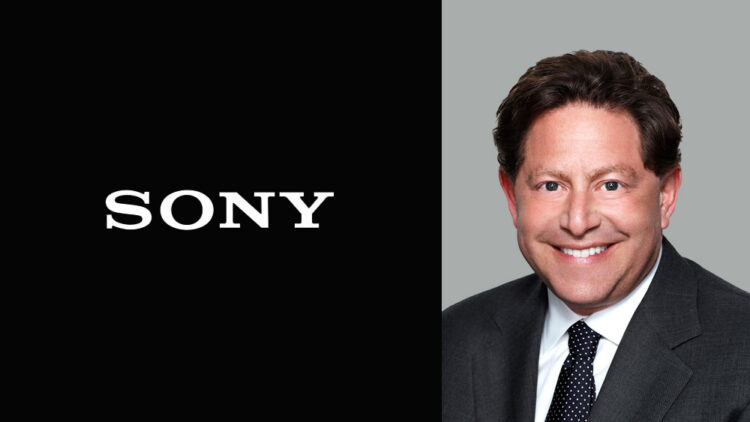Activision Blizzard CEO Bobby Kotick told the Financial Times (subscription required) on Thursday that PlayStation maker Sony has broken off all communication with Microsoft and his company, claiming that it was attempting to sabotage the $69B USD acquisitions of the Call of Duty and World of Warcraft maker.
Either Kotick doesn’t know what’s going on in his own company or at Microsoft, or Sony is not telling the truth, because shortly after publication of the article—a clear response to the UK watchdog the Competition and Markets Authority (CMA) saying that it would oppose the merger in a preliminary ruling on Wednesday—Kotick made his comments.
But before the ink had dried on the FT article, a Sony representative responded by saying: “We are in contact with Microsoft and have no further comment regarding our private negotiations.”
Kotick also told FT that if the merger failed, he would remain CEO.
The CMA’s preliminary ruling could prove to be a major setback for the acquisition, as the watchdog’s remedies are not something that Microsoft would agree to. Those suggested remedies include Microsoft divesting the Blizzard part of the business, selling off the portion of the company that handles the Call of Duty IP, or selling off Activision. Microsoft is allowed to offer its own remedies, and one thing the CMA can’t ignore is the deals it has already signed with Nintendo and Steam to keep Call of Duty on platforms made by those companies for 10 years. A similar deal has been offered to Sony, but the PlayStation maker has not accepted it, as of this writing.
The CMA said that on Wednesday that it “welcomes responses from interested parties to its provisional findings” by March 1 and that “its notice of possible remedies, which sets out potential options for addressing its provisional concerns” can be sent until Feb. 22, that would be considered ahead of it issuing its final report on April 26.
In addition to this setback, Microsoft is still waiting for a European Commission ruling on the merger, with the Federal Trade Commission in the U.S. expected to express its objections shortly thereafter.
